
California Marines move imperiled desert tortoises out of harm's way
Desert tortoise facts. Lifespan: 30-50 years, but some can live to be over 80 years old. Weight: 8-15 pounds (3.5-7 kilograms) Length: 9-15 inches (23-38 centimeters) Range: Only found in the Mojave Desert in California, Nevada, Arizona, and Utah. Conservation status: Listed as threatened under the Endangered Species Act.
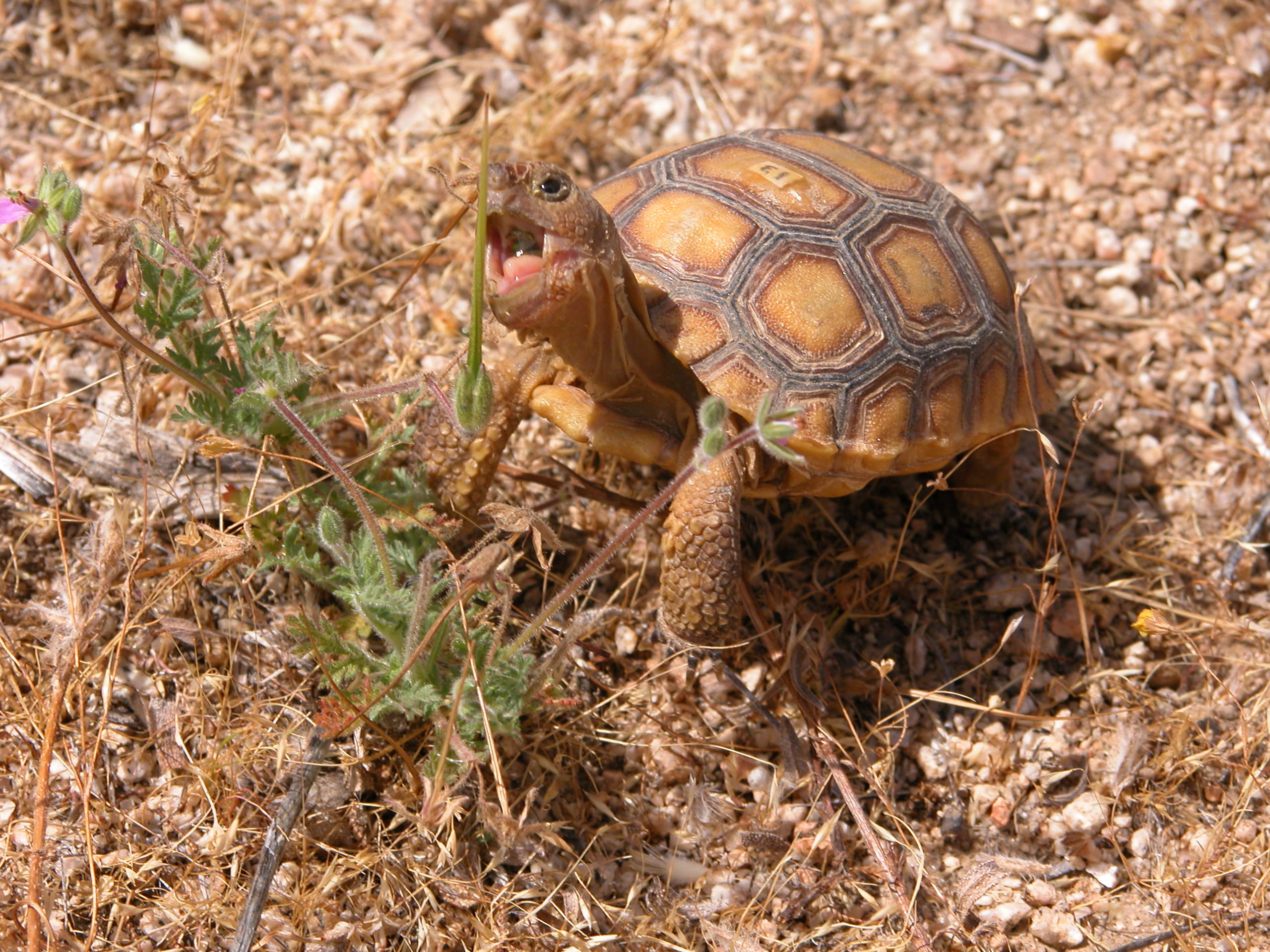
Edwards hosts headstart study for desert tortoises > Edwards Air Force
Arguably the most-studied animal in the park, the tortoise was placed on both the California and Federal Endangered Species Lists in 1989 and 1990, respectively. Its status is "threatened," just one notch below "endangered." Several factors conspired to diminish the population of the desert tortoise. As more people moved into the western.
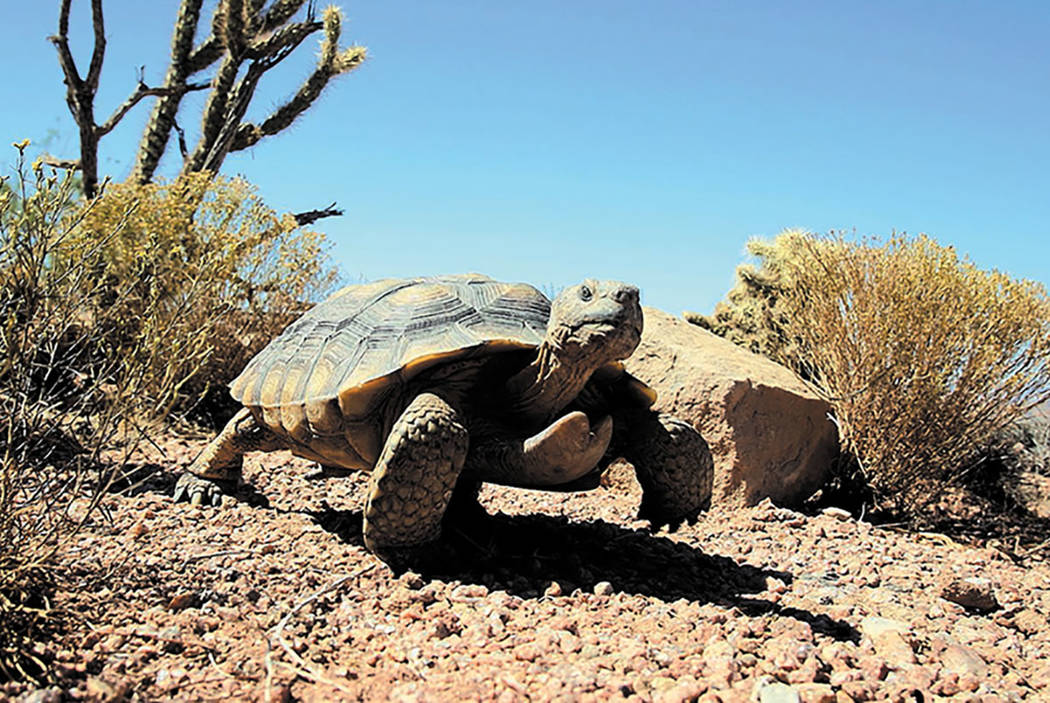
Desert tortoise faces uncertain future amid Bundy conflict BundyBLM
4 Chocolate Turtle Thumbprint Cookies. Here is a scrumptious cookie recipe to try out. These cookies have a chocolate base and a caramel center. Some ingredients needed for this recipe are cocoa powder, shortening, vanilla butter, and milk. Of course, we can't forget the semi-sweet chocolate chips, caramel bites, and pecans.

Turtle Cheesecake Memory Morsels
The desert tortoise is a threatened species throughout much of its range which includes both the Sonoran and Mojave deserts. Recently the desert tortoise was split into 2 separate species.The Agassiz's desert tortoise (Gopherus agassizi) lives in the Mojave deserts of California, Nevada, Utah, and Arizona west of the Colorado river. The Morofka's desert tortoise (Gopherus
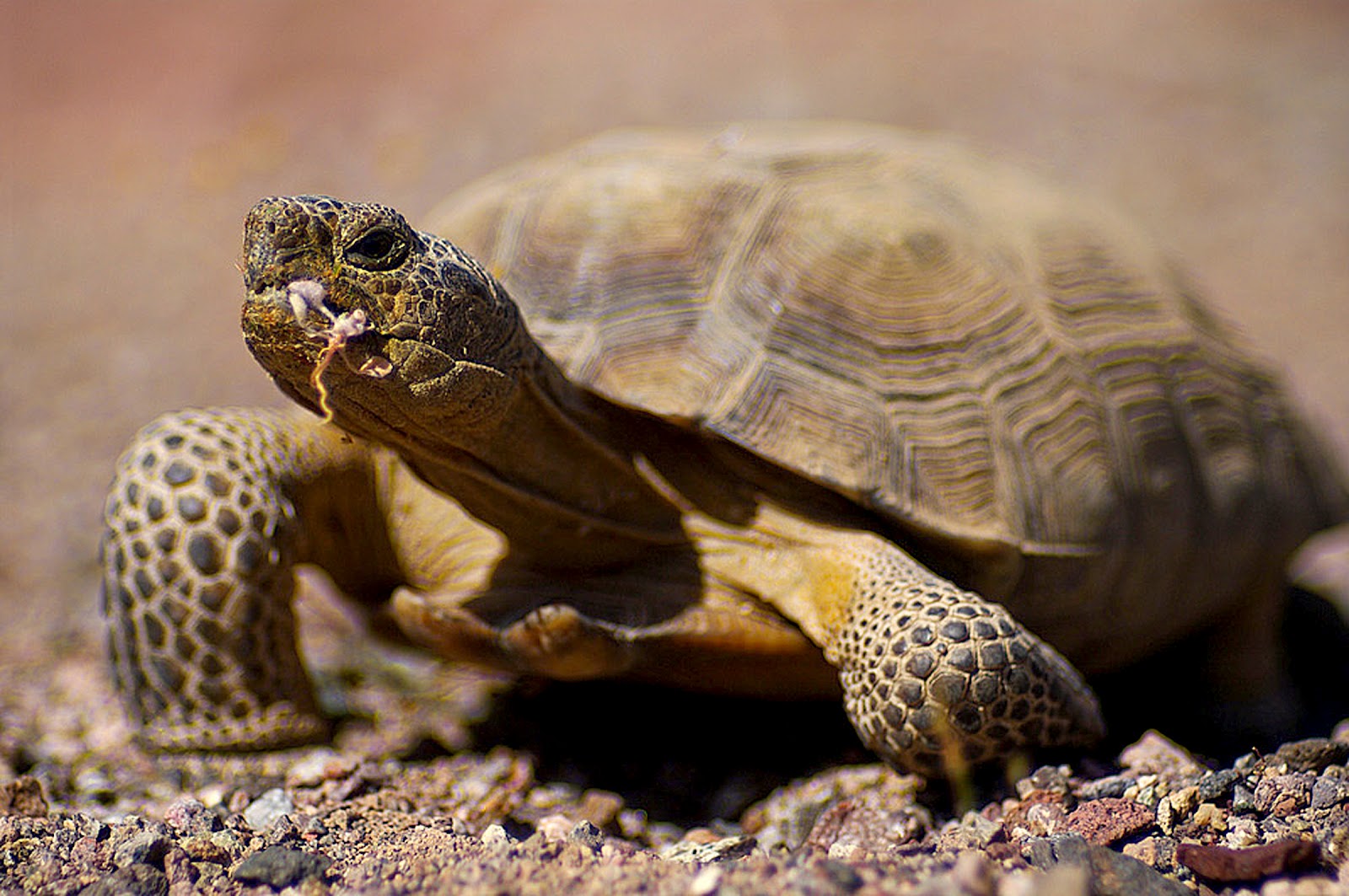
Desert Tortoise The Biggest Animals Kingdom
The desert tortoise is a primary consumer and becomes prey for different avian, mammalian, and reptile predators. It also acts as an ecosystem engineer that digs burrows used as shelters by snakes, birds, lizards, rodents, javelinas, and insects. This reptile takes advantage of the packrat houses for shelter.

Mini Turtle Cheesecakes Figgin Delicious Dessert
Desert box turtle. The desert box turtle, also known as the Sonoran box turtle, ( Terrapene ornata luteola) is a subspecies of box turtle which is endemic to the southwestern United States and northern Mexico. They are generally terrestrial but occasionally take to the water and are most known for their boxy shell and its structural integrity.

Chocolate Turtle Slab Pie Recipe Easy Peasy Pleasy
Cover the dessert with plastic wrap, and chill in the refrigerator for at least 4 hours. Overnight chilling is best. Right before serving, drizzle the caramel sauce and chocolate syrup over the top of the dessert, and sprinkle the remaining 1/2 cup of chopped pecans. Slice and serve chilled.

Turtle dessert Turtle Dessert, Planting, Pudding, Cake, Desserts, Food
Oatmeal Turtle Bars — Oatmeal Turtle Bars feature 3 layers of rich, sugary goodness in every bite. The popular turtle candy inspires this tasty oatmeal bar recipe. A homemade pecan and caramel layer sits atop a chewy and satisfying brown sugar oatmeal base. No Bake Turtle Cookies — Perfect chocolate oatmeal no-bake cookies topped with thick.

Turtle Tart with Caramel Sauce Recipe Taste of Home
Desert tortoise. The desert tortoise ( Gopherus agassizii) is a species of tortoise in the family Testudinidae. The species is native to the Mojave and Sonoran Deserts of the southwestern United States and northwestern Mexico, and to the Sinaloan thornscrub of northwestern Mexico. [4] G. agassizii is distributed in western Arizona, southeastern.
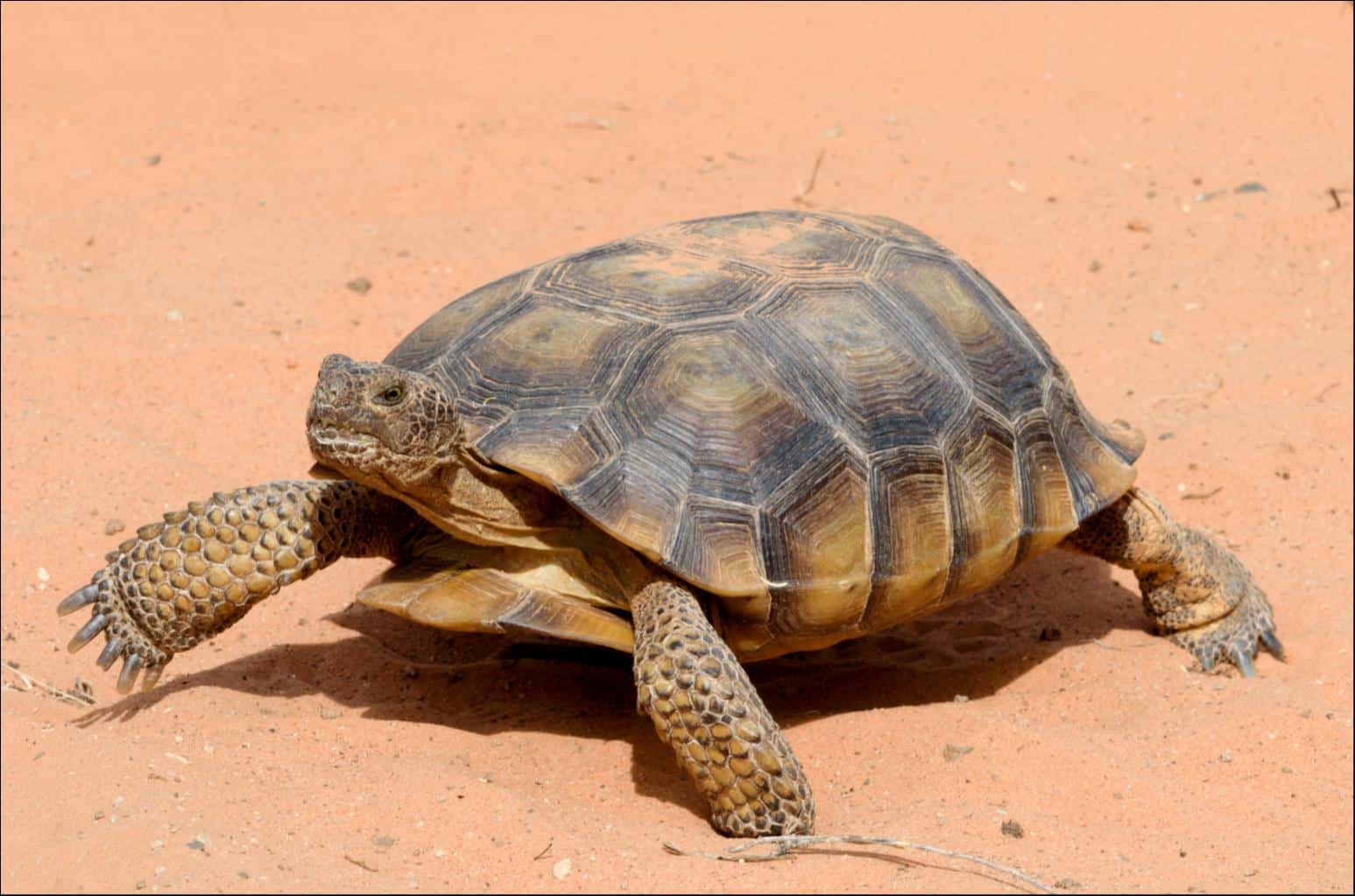
Picture 3 of 7 Desert Tortoise (Gopherus Agassizii) Pictures & Images
Desert tortoises live in the deserts of the southwestern United States and northwestern Mexico. During the summer, ground temperatures in parts of their range can hit 140˚F. To beat the heat, desert tortoises use their strong forearms and tough nails to dig underground burrows where they can hide from the sun. Some of these tortoise tunnels.

Study of threatened desert tortoises offers new conservation strategy
2. Sonoran Desert Tortoise. Sonoran Desert Tortoise. Native to The Sonoran Desert and to areas of Eastern California, Sonoran Desert Tortoises (Gopherus morafkai) prefer rocky valleys in the desert. Also present in Arizona, these types of tortoises go to extreme lengths to live in areas as unhospitable as the desert.

Desert Tortoise Facts The Nature Conservancy
Scientific Name: Gopherus morafkai. Other Names: Mojave desert tortoise, desert tortoise, Morafkai's tortoise. Adult Size: 9 to 14 inches. Lifespan: 35 to 80 years. Average Price Range: $200 to $700. They Spend a Lot of Time in Their Burrow. Desert tortoises live in some of the hottest areas in the United States.
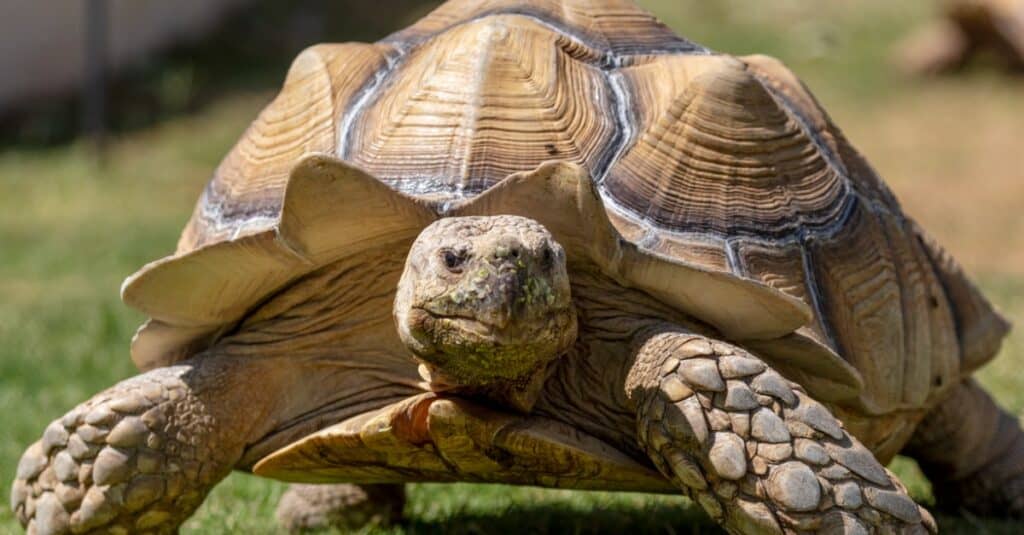
10 Incredible Sulcata Tortoise Facts Wiki Point
3.Fruits and vegetables: In addition to grasses and cacti, desert tortoises eat various fruits and vegetables. Common fruits and vegetables these animals consume include carrots, squash, apples, melons, and berries. This varied diet helps them obtain the vitamins, minerals, and other nutrients they need to stay healthy in their arid environment.

Christmas Candy Recipes, Christmas
Desert Tortoise Description. The Desert Tortoise is a long-lived reptile that inhabits the Mojave and Sonoran Deserts of the southwestern United States and northwestern Mexico. Its diet consists primarily of grasses, herbs, and cacti. Desert Tortoises can live up to 100 years in the wild, although their average lifespan is 50-60 years.

Homemade Turtle Candies Dinner, then Dessert
Red White and Blue Dessert Cups KMac847966. angel food cake, sprinkles, strawberries, whipped cream, blueberries. The Best Turtle Dessert Recipes on Yummly | Dulce De Leche Ice Cream, Caramel Vanilla Ice Cream Pie, Shortbread Thumbprint Cookies - 7 Ways.
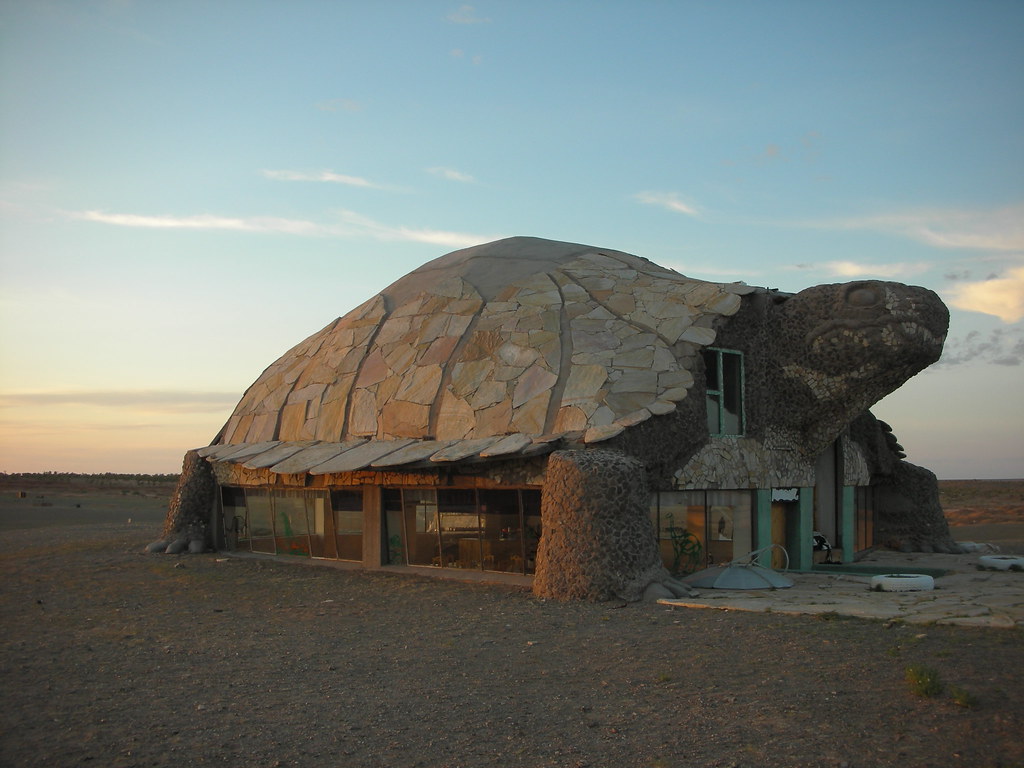
Gobi Desert 76 Big Ugly Turtle Follow my travels online … Flickr
The desert tortoise is listed as "threatened" under the Endangered Species Act. USGS WERC scientists, along with project partners have been conducting long-term analyses on how changes in the southwestern deserts of the United States can affect desert tortoise populations. Dr. Todd Esque and his team are investigating how habitat disturbances and restoration projects influence tortoise.